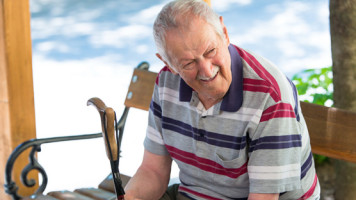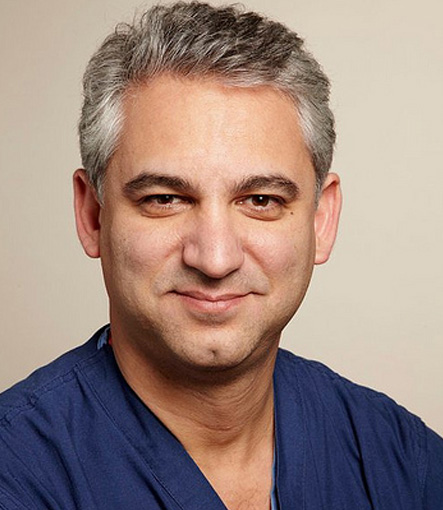Obesity and Prostate Cancer
According to a study which was published in the journal Cancer, their research suggests that radiation therapy is seemingly less effective in patients that are obese as opposed to patients of normal weight. The study followed 1,442 participants between 2001 and 2010 who were followed for an average of four years. Patients participating in the study averaged at least 68 years of age and were treated with radiation therapy for localized prostate cancer. In as many as 1,400 prostate cancer patients involved in the study those who were overweight or otherwise obese had higher rates of prostate cancer relapse and prostate cancer death. The lead researcher Dr. Eric Horwitz stated:
“It isn’t the weight per se, but there must be some association with increased weight that’s making the treatment less effective. It’s not that radiation doesn’t work, but it doesn’t seem to work as well. It’s still better than not having any treatment.”
According to the U.S. Centers for Disease Control and Prevention, obesity has more than doubled in male adults over the past four decades. Although the direct link between obesity and prostate cancer is still unclear. Researchers found that overweight patients had a 3% higher rate of prostate cancer relapse and a 7% higher rate of their cancer metastasizing. Overweight patients were also found to have 15% increased rate of dying from their cancer in addition to a 5% increase of dying from other health related causes.
One biological mechanism for the worse survival outcomes among obese men is due to more rapid progression [of the tumor] to distant metastasis after treatments begin to fail, But while this and other factors might explain the added risk to obese men, additional research is needed to confirm this relationship. The researchers showed that even with state-of-the-art radiation therapy, which includes better imaging and higher doses, obesity was associated with worse outcomes.
Given the results of his study Dr, Horowitz feels that overweight patients may require different treatment methods for their prostate cancer. Dr. Horowitz also added:
“Maybe we need to combine treatment, such as radiation and hormone therapy,” he said. “Maybe we need to be more aggressive with our treatment.”






